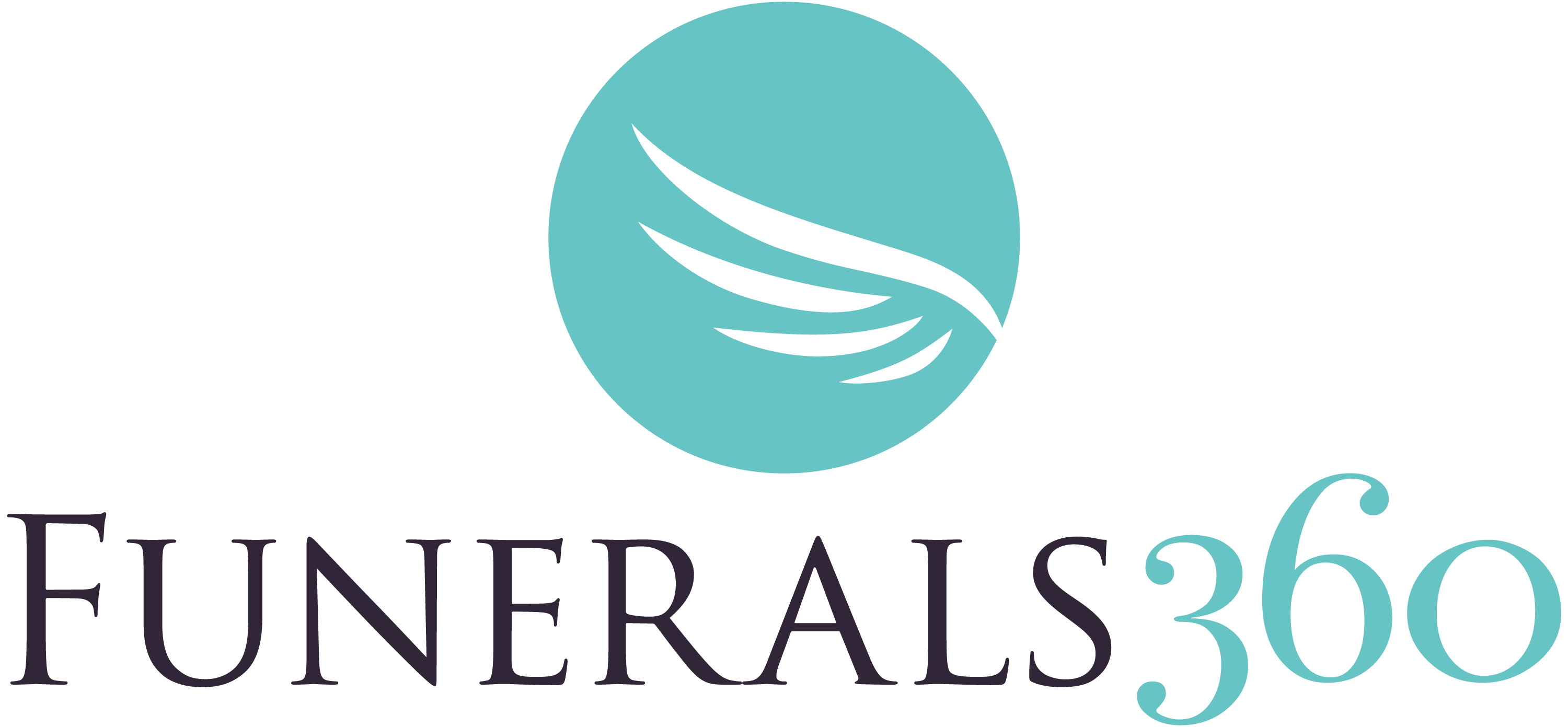The decision of who gets what after you die is an important one; it is your last one - one that you want to get right. Many people think that a Will controls how everything passes at death, but that may only be partially true, depending on the nature of the property. Property passing at death falls within two main categories: “Probate Assets” and “Non-Probate Assets.”
-
“Probate Assets” are all assets which were owned by a deceased person and that pass to beneficiaries named in the deceased person’s Will or, in the absence of a Will, pass to the heirs in accordance with applicable state “intestacy” laws.
These assets do not have a survivorship feature or beneficiary designation to control who receives the property when one dies, so they must go through “probate.” The term “probate” means the legal process of settling an estate after someone dies through probate court.
Probate assets would include all property and assets other than “non-probate assets” (as described below). A Will enables you to designate who will receive these probate assets after you die and to designate Executors to be in charge of your estate administration, making sure that your assets are distributed properly. A Will also enables you to name Guardians of your minor children. Without having a Will in place, the rules of “intestacy” govern how probate assets pass to one’s family members, based on the law of the deceased person’s state of residency.
-
"Non-Probate Assets” are assets that transfer at death by title or beneficiary designation, or certain assets in which title has already been transferred during one’s lifetime. These assets are not probated, meaning that they do not pass under the Will and are not subject to probate. Examples of non-probate assets include:
-
Retirement accounts, life insurance policies and annuities, which pass by beneficiary designation;
-
Payable on Death (“POD”) accounts, which pass to the named POD designee;
-
Property which is titled in joint names with rights of survivorship (this can include assets such as real estate, bank accounts or brokerage accounts), which passes, by operation of law, to the surviving joint owner; and
-
Assets that have been transferred or re-titled during lifetime to a Revocable Trust or other Will-Substitute.
-
-
Once you decide how you want your assets to pass after you are gone, it is critical that you implement your decisions properly so that everything dovetails. This means that you must consider not only updating your Will, but also making changes to any beneficiary designations that you have in place.
Below is a fictional scenario of someone that took the time to establish a written Will but did not realize what was covered and what was not:
Mary has finally gotten around to signing a new Will. Since Mary does not have any children, she knew that signing a Will was particularly important so that she could designate the individuals who would receive her assets at death, rather than letting the government decide which of her family members would receive her money based on the rules of “intestacy.” In her Will, Mary made sure to cut out one of her sisters, who had recently become estranged from the family.
Mary thought that she was done with the process and that, when she died, everything was set under the terms of her Will and in good order. After all, in her Will she had named the Executors, who would be in charge of the administration of her estate and disposition of her money, and she had named the individuals who would receive her assets at death. Sounds like she had everything covered. But she was wrong.
Mary didn’t realize that her 401k, IRA and life insurance policies would not pass under her Will. Instead, retirement plans and life insurance policies pass via beneficiary designations. When Mary first opened her IRA and 401k accounts and when she applied for life insurance many years ago, Mary had signed beneficiary designation forms, in each case, naming all of her siblings (including her estranged sister) as beneficiaries. Unless Mary signs and files change of beneficiary designation forms for these retirement plans and life insurance policies, her old beneficiary designations will govern how those assets pass at her death, regardless of what her new Will says. That means that Mary’s sister has not been fully disinherited. The Will does not control how these assets pass because they are “non-probate” assets.
Whenever you think about making changes to your Will or signing a Will for the first time, it is crucial that you evaluate whether changes also need to be made to designations for assets which do not pass under your Will. Without doing that, your money may end up in the wrong hands.
Key Terms
Probate Assets
Probate Assets are all assets which were owned by a deceased person and that pass to beneficiaries named in the deceased person’s Will or, in the absence of a Will, pass to the heirs in accordance with applicable state “intestacy” laws.
Probate
Probate means the legal process of settling an estate after someone dies.
Non-Probate Assets
Non-probate assets are assets that transfer at death by title or beneficiary designation, or certain assets in which title has already been transferred during one’s lifetime.
About the Guest Author
 Amy Neifeld Shkedy is a co-founder of the boutique law firm, Bala Law Group, LLC (www.balalaw.com), and concentrates her practice in trust and estate planning and administration.
Amy Neifeld Shkedy is a co-founder of the boutique law firm, Bala Law Group, LLC (www.balalaw.com), and concentrates her practice in trust and estate planning and administration.





